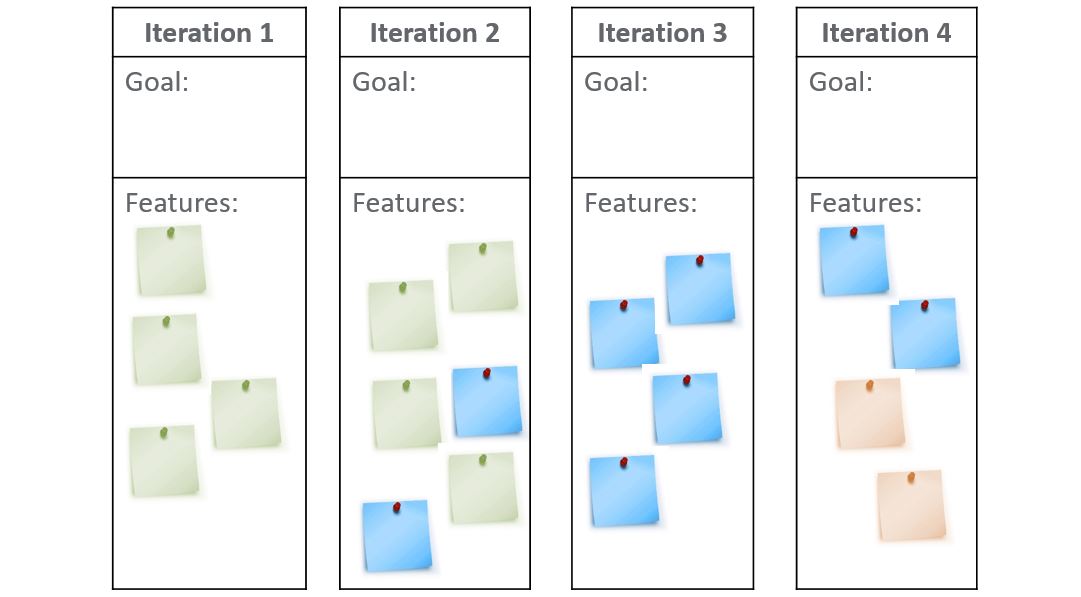Kent Digital Growth and Infrastructure Framework
Smarter Digital Services were approached by KCC to help them transform the Kent and Medway Growth & Infrastructure (GIF) static PDF document into an online interactive central hub offering digitally accessible, open, dynamic and relevant data.

Background
The current GIF is a first of its kind in assessing the predicted levels of housing and economic growth for the county and the infrastructure needed to support this. It
identifies that the mechanisms for delivering growth do not provide the infrastructure needed for that growth and provides ten actions to address the shortfall.
Issues with the current PDF version are that:-
- It’s out of date as soon as it’s published
- It’s only a snapshot, things move on so quickly
- Not known about by developers
- Data sources can be questionable
- Not enough detail
- Not easy to extract facts/figures
- One document instead of bite-size
- Potential inconsistencies with local plan evidence base
Aims and Objectives
The aim of the new Digi-GIF will be to provide planners, developers and government at all levels with a comprehensive picture of growth and infrastructure at a strategic level across Kent and Medway to help prioritise investment to create new jobs, homes and infrastructure.
Users will be able to interact with the GIF data, manipulate it and download relevant areas of interest.
This should enable users of the GIF to easily find the data they need to access, provide more regular updates of important data and reduce the amount of enquiries the GIF team at KCC receive.
How SDS worked with users, stakeholders and data providers during the discovery phase
Our aim was to develop clear project objectives and project requirements that could be used to create a specification for the development of the Digi-GIF.
The first element of the project was to establish User Needs. In October 2017, SDS facilitated a User Needs Workshop with 20 attendees from local councils, regional providers, utility companies, NHS and development companies. We followed this up with a Business Needs workshop with KCC in November 2017.
We were able to capture a range of user and business needs using User Needs Stories which revealed needs such as:-
- Accurate and up to date data
- Ability to manipulate data
- Immediate access to data
- Consistency with local plan data
- To be proactive in sharing data
- To increase transparency
- To increase efficiency
- … and many more
The next stage of discovery was to conduct a MoSCoW analysis with KCC where we grouped needs into four categories:-

- Must Have
- Should Have
- Could Have
- Won’t Have
The Ideas Workshop
From all the workshops and analysis conducted, we had an extensive picture of what users and the businesses felt they needed from the Digi-GIF. During the workshops, we also asked attendees to give us their ideas about what they would like from the Digi-GIF and from this we held an Ideas Workshop with experts and stakeholders to:-
- Generate viable ideas for how to meet requirements
- Prioritise these into phases of development
- Explore how the core elements could be developed
How did we do this?
We used planning poker cards to give effort scores to each User/Business Need (starting with the Must Haves). This lead to table discussions which helped to clarify each need and the effort that would be involved in initiating it.
We then prioritised the cards into iterations with the features and goals for each iteration.

The range of information gained during the workshops has been used to develop a Business Case for the Digi-GIF which will be put before the IFSD board in February 2018.




